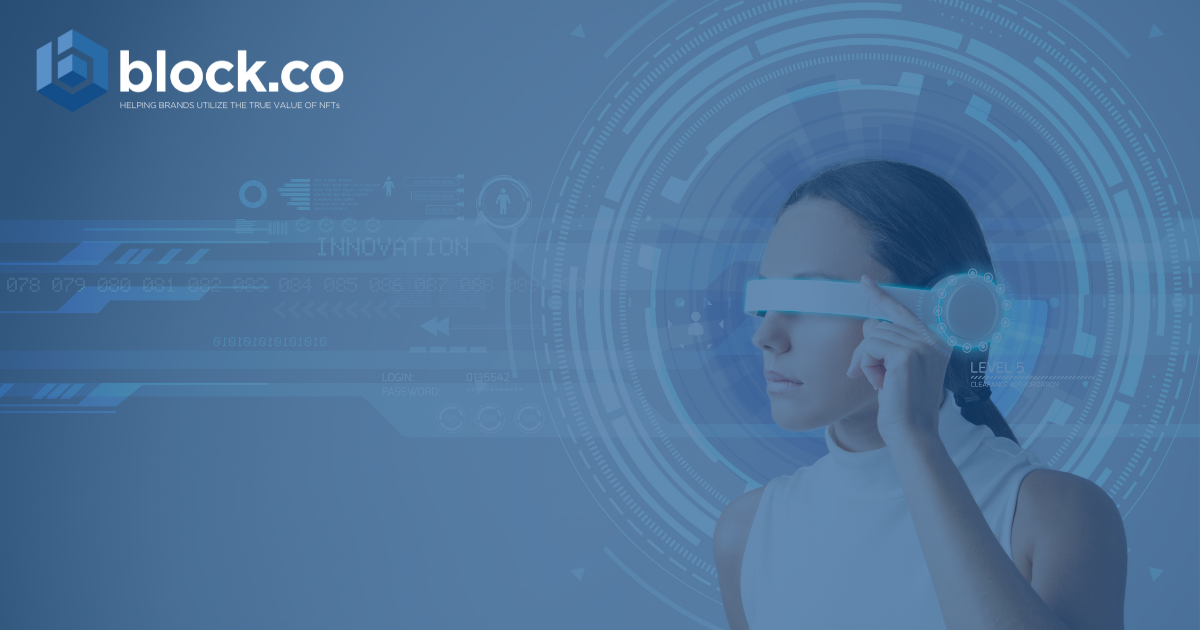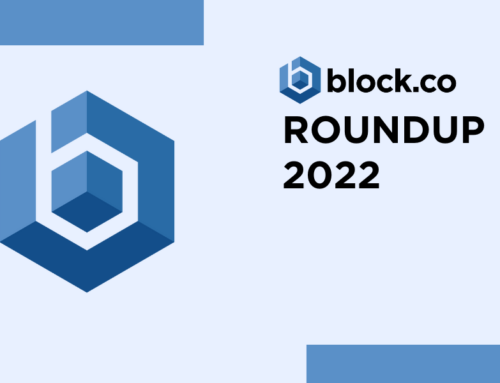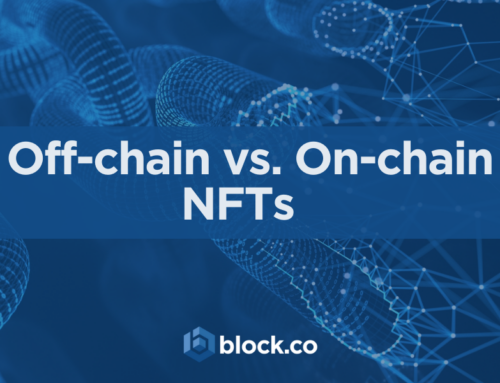The Future of Blockchain and How to Tackle Forged Credentials

In the era of fast-moving technologies and personal quantum computers at our doorstep, it is easy to wonder what is holding blockchain from becoming mainstream quicker.
We think of disrupting technologies like the printing press, the telephone, or the electric bulb as inherent parts of our lifestyle but we do not realize it took them decades, sometimes more, to be widely adopted.
It still took the most recent disruptive Internet 30 years to go mainstream.
A distributed, decentralized, borderless, neutral and censorship-resistant ledger is what makes the open blockchain technology unique and shines over other databases. To the point that over the next few decades it will permeate our organizations and institutions, and shape how we transact with one another.
Yet, adoption will travel along with two different timeframes and in order to understand the phenomenon better we need to think of the blockchain’s double role:
- As the facilitator of peer-to-peer financial transactions.
It will take longer to establish, due to its disruptive nature that will affect society’s reliability on third parties and will subsequently take long to shift people’s mentality on their finances. The decentralization and distribution of the ledger will make our regular intermediaries obsolete but its penetration in markets and society will be gradual and rather slow. In the history of money, think of the switch from barter to stones and from metals of value to a gold standard and fiat money. The adoption of these monetary systems was neither fast nor effortless over the centuries.
- As the book of record-keeping.
This is already penetrating our society with trust-less, immutable, and secure blockchains in different industries. Mainly we see it being used in supply chains, registries, and by government bodies who need the safest and tamper-proof system to provide transparency and fraud issues solutions.
Taking this into account, time-stamping credentials on the blockchain is one of the best applications for the technology and one that is more broadly used nowadays.
We rely on third parties, such as universities or employers to store, verify, and validate our credentials. It’s a slow and complicated process, which is one reason why fraud in this field is a recurrent issue.
Massive funds and resources are spent every year to track down forged documentation. In the 2016 Higher Education Degree Data check (HEDD) report, an investigation found that 44% of 5,500 considered CVs had discrepancies in education with 10% of those having false grades.
A report by the WENR (World Education News and Reviews) reveals that in 2010 an alarming situation was reported in China, with “90 percent of recommendation letters from Chinese students were fake, 70 percent of college application essays were not written by the students, and half of all high school transcripts were falsified.”
Furthermore, falsifying credentials in order to land a job is no small offense. In Hong Kong, where fake credentials are increasingly common, a woman presented fake qualifications to land an executive-level marketing job. When her scam was uncovered, the woman was arrested and charged with fraud.
The University of Nicosia (UNIC) and start-up Block.co pioneered the secure verification of credentials on the blockchain in 2014 and was soon followed by other academic institutes.
By 2017 they had started to issue all university diplomas on the same blockchain using its own technology developed as open-source, the only one that can ensure complete decentralization and distribution of the network since there isn’t a single checkpoint in the development process with no company or individual that makes, owns and sells the software.
Programmers and developers are encouraged to participate through the GitHub address:
UNIC specific open-source code
How to certify on the blockchain
Being the technology still at early stages, the less techie person might find it challenging. In that case, you can always refer to the glossary page and learn all the terminology within the blockchain space. Block.co can help provide the necessary technical expertise to follow the whole process from creation to publication on the blockchain where the document will be safely stored for life.
Any digital document may be secured for its authenticity and immutability so it quickly became clear that it was not solely academia that could benefit from the reliable credential authentication that blockchain technology offered. Block.co expands its product beyond education to other industries as well as government, with a mission to completely eradicate document fraud everywhere!
If your brand is ready to take the step into web 3.0 and NFT marketing, to optimize engagement with your audience in innovative ways, then click the button below to get your Free Trial, a limited number of Free NFTs, and a Free Consultation call from our team!
For more info, contact Block.co directly or email at enquiries@block.co.
Tel +357 70007828
Get the latest from Block.co, like and follow us on social media:







